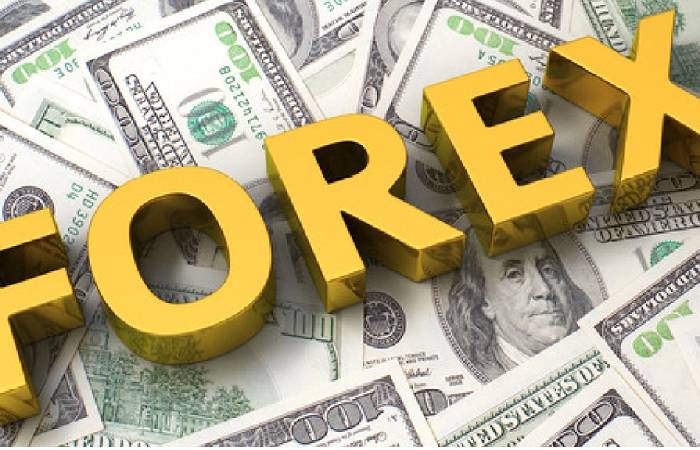Introduction
Tax forex implications are vital in all investment decisions, such as stocks, bonds, and insurance.
Therefore, a nuanced understanding of what is taxable, what is exempt, and what percentage is takes off the income is highly relevant to the prudent investor.
In addition, as forex trading gains more and more traction, forex trading has many advantages. Therefore, a 360-degree opinion of the forex trading tax becomes critical to investors.
When it originates to tax forex on trading, investors often don’t know in which category their profits will tax. It is because there is no single way to tax forex merchants.
Therefore, a good understanding of tax forex trading taxes is essential for the trader who participates in a non-centralized market and trades futures and options.
How Forex Traders Are Taxed?

Forex traders are facing both direct and indirect taxes, such as stamp duty, goods and services taxes, income from foreign exchange transactions, and taxes on securities transactions.
Knowing which of these categories you will tax under is essential. If foreign exchange trading is an activity for the trader, its income will tax as trading income.
Otherwise, you must pay taxes in the “income from other sources” category at the rate applicable to natural persons. GST charges in three instalments on foreign exchange transactions. These are:
- 1. Less than Rs 1 lakh: The taxable value of transactions less than Rs 1 lakh is only 1% of the transaction amount. The minimum amount deducted should be Rs 250. This taxable value is not the last tax you resolve to pay but represents the taxable value. The tax amount, however, is 18% of the taxable value for such dealings. It is the amount to pay as GST. A supreme of Rs 180 can charge as GST for foreign exchange transactions up to Rs 1 Lakh.
- 2. Among Rs 1 Lakh and Rs 10 Lakh: The taxable worth of transactions within this bracket is Rs 1,000 + 0.5% above Rs 1 Lakh. However, the tax amount remains at 18% of the taxable value. That is why the GST on such transactions can be between Rs 180 and Rs 990.
- 3. Above Rs 10 lakh: The taxable value of transactions above Rs 10 lakh is Rs 5,500 + 0.1% of the transaction amount. The tax quantity is 18% of the taxable value. So the final amount of GST is between Rs 990 and Rs 60,000.
In addition to these GST implications, Forex traders must pay fees. For example, according to state law, stamp duty applies to foreign exchange transactions and a myriad of transaction fees.
Such as brokerage fees. Keeping the above mentioned points in mind will ensure that you don’t pay unnecessary taxes. So it will be very useful for you,
Conclusion
India prohibits certain types of forex trading, such as binary options and pairs with currencies other than the Indian rupee. However, ethical trading can generate reasonable returns.
Understanding taxes is critical for successful trading in regulated situations. Tax forex trading online is now simple, but only on reliable sites.
Related posts
Featured Posts
Safe YouTube and, Internet Streaming for Kids and, More
Keeping kids away from inappropriate content on safe Youtube internet streaming for kids can seem overwhelming. There are several billion…
What is a Market Economy?
A market economy is the economic system in which financial decisions and the price of goods and services and guides…



